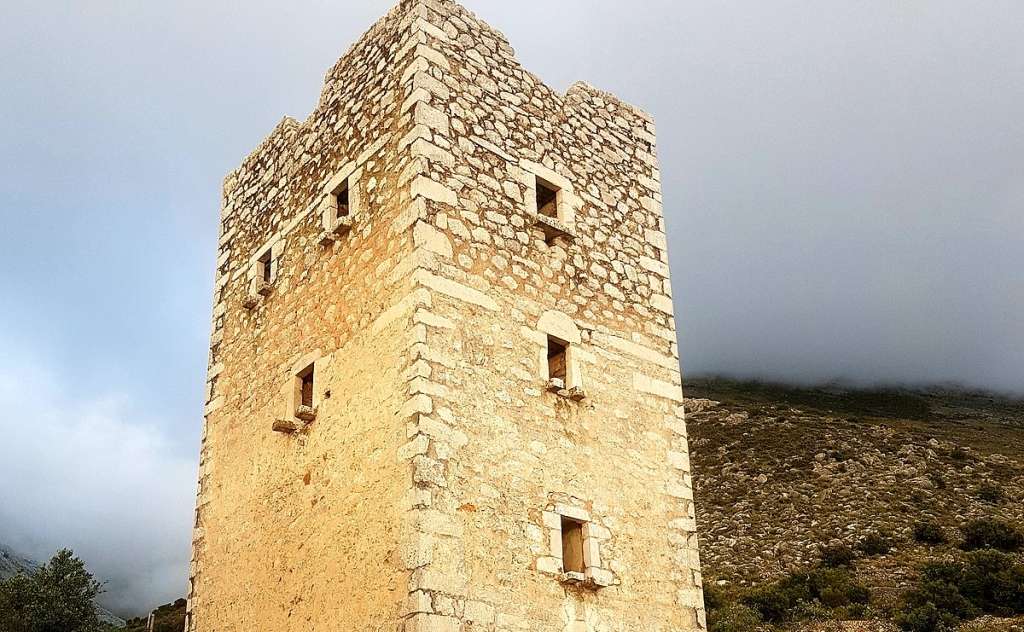The tradition of “gdikiomos” in Mani

The tradition of "gdikiomos" (or "dikiomos (justice)") began in Mani centuries ago and is the revenge of the victim's family by murdering the murderer. When someone did not take revenge, they were considered unworthy and despised. At the same time, when there was no murder in the clashes, the heads of other families took it upon themselves to reconcile the warring families. "Retribution" is not only revenge but also the punishment of injustice, as well as its restoration, which results in retribution.
The "gdikiomos (vengeance)" was calmly decided by a family council, while it was not necessary to punish the person guilty personally. Revenge could also be directed against another member of the opposing family. The male children of the family (when their father was the victim of "gdikiomos") were raised with the sole purpose of getting their blood back. Specifically, the unwritten law said, "The honourable man never gives away his right." The first strike did not come without warning. The bells rang, the two opposing parties went to their towers, and from then on, everything was permitted. When the revenge was completed, the family locked themselves in their house so as not to provoke the family of the dead.
In some cases, the unwritten code of "gidikomos" allowed a temporary respite (the so-called "treva") during the period of ploughing, sowing, reaping, threshing and during the picking of olives. A limited truce could also be made when a member of the rival families had a wedding, baptism, or other joyous event. Another event that could reconcile the warring parties was the Turkish threat. The most extended truce was the one requested by Mavromichalis on the eve of the War of Independence.
Women also played an essential role in maintaining the Mani "gdikiomos", who, with their death songs-obituaries, pushed the men of the family to murder. After the murder, the “Maniatissa” widow lulled her orphaned son whose father was killed: "Grow up and take advantage of the sword (=weapon) and zalothis (=load) to hunt the murderer, from the cliff and the mountains, our right to be avenged".
The most common way the "battle" ended was by eradicating one of the two families, in which case its remaining members were scattered to other villages, leaving the fields and towers to the victor. If the defeated family decided to remain in the village, then they had to apologise to the victor with a set ritual formality. The murderer and his family, unarmed, would go after consultation to the victim's house, kneel before the victim's parents and show practical repentance. They bent down and kissed him, and the dead man's mother covered him with her apron, saying: "So be it with God."
There followed hugs and kisses from both sides and treats (mainly meat and wine) where they reconciled, eating and drinking. In such cases of reconciliation, both reconciled were called "soulmates".
Finally, the opposite of "revenge" was "psochiko" or "soul brotherhood," which was the conciliatory custom of apology and forgiveness. Specifically, it is about the custom of Easter Sunday, where during the second resurrection, the warring parties stood facing each other and greeted each other with a kiss of love. From the 1870s, the custom of "Gdikiomos" gradually receded, eventually passing into history.



